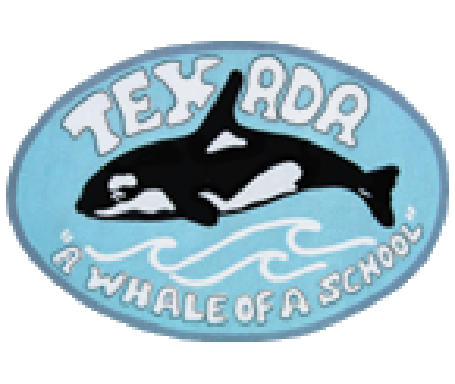Code of Conduct
Code of Conduct
Texada Elementary School provides and ensures a safe and positive learning environment for all students. Our Code of Conduct is a broad framework of behavioral expectations for students. We expect that all the members of our school community, staff, parents and students will uphold the underlying principles of the code; Respect for Self, Respect for Others and Respect for Our Place.
Statement of Purpose
Our Code of Conduct applies to all our students during any, and all school activities, and on the way to and from school. Conduct by any student that negatively affects the school climate, environment or disruption of learning will be considered a breach of the Code of Conduct. Our Code of Conduct understands that as children grow and mature they are more able to make appropriate decisions and to be increasingly responsible for their actions.
Conduct Expectations
Acceptable conduct supports a positive learning environment.
Texada students are expected, while at school, on the way to and from school, and while attending any and all school functions, to:
Treat all persons with consideration and respect
Speak and behave in a positive manner towards each other
Keep hands and feet to themselves
Show respect for the building, playground and playground equipment and the environment
Treat the property of others with care and respect
Play safely with others consistent with school rules
Throw only balls, and when appropriate to do so
Remain on the school grounds during the school day unless they have written permission from a parent to leave the school grounds
Wear appropriate clothing without offensive words, slogans or pictures, or content related to drugs or alcohol
Leave skateboards and roller blades at home and keep cell phones and other electronic devices outside of the classroom Use school/district owned technology in a way that is age appropriate and supports learning and the development of digital technology skills and digital citizenship.
Use personal devices only if permitted by a teacher for instruction, or if permitted by an Individual Education Plan (IEP), Learning Support Plan (LSP), or health plan
Store personal devices in silent mode during instructional time and break time.
Unacceptable conduct interferes with a positive learning environment.
Some examples of unacceptable conduct at Texada School include:
Hitting, kicking and un-called for physical roughness
Intimidation – threats, harassment, verbal abuse, foul language, bullying, cyber bullying, or violent behaviours
Misuse of digital and media devices in a manner not intended by the teacher or as part of a plan as outlined above
Throwing objects other than balls (rocks, sticks, snowballs et al)
Damaging or stealing property
Any efforts to cause harm or discriminate against another person based on, but not limited to race, religion, gender, physical or intellectual disability, marital or family status, sexual orientation, gender identity or expression, or age
Acts of retaliation against a student who has reported an incident where the code of conduct has been broken
All provisions of The Human Rights Code:
The BC Human Rights Code states: discrimination occurs when someone is treated differently and poorly because of their race, colour, ancestry, place of origin, religion, marital or family status, physical or mental disability, sex, sexual orientation, gender identity, age, criminal conviction, political belief or lawful source of income.
As students progress through Texada Elementary School our expectations for positive behaviours and conduct rise. Texada students are expected to:
Acquire greater knowledge and understanding about their personal behaviour and the impact of their behaviour on others
Learn and use appropriate decision-making strategies
Demonstrate increasing self-discipline
Be subject to increasing consequences for inappropriate behaviour
Consequences
Consideration is given to the age and maturity as well as the intellectual, social and emotional capacity of the student along with the nature and frequency of the unacceptable behaviour. Minor behaviour concerns are dealt with immediately through discussion and natural or logical consequence. Repeated inappropriate behaviours and inappropriate behaviour that endangers a student's safety, the safety of others or compromises classroom learning will result in disciplinary action at the administrative level. Consequences will, where appropriate:
Be thoughtful, consistent and fair
Seek to prevent a recurrence of the offense
Teach acceptable social behaviour rather than be merely punitive
Provide means for restitution and restorative actions
Involve the offender in determining a corrective plan of action
Notification
Clear communication between home and school is vital. When students violate the Code of Conduct in a repeated or severe manner, the school will contact:
The parents of the student who behaved in an inappropriate manner
The parents of the student victim(s)
School and District personnel when appropriate

